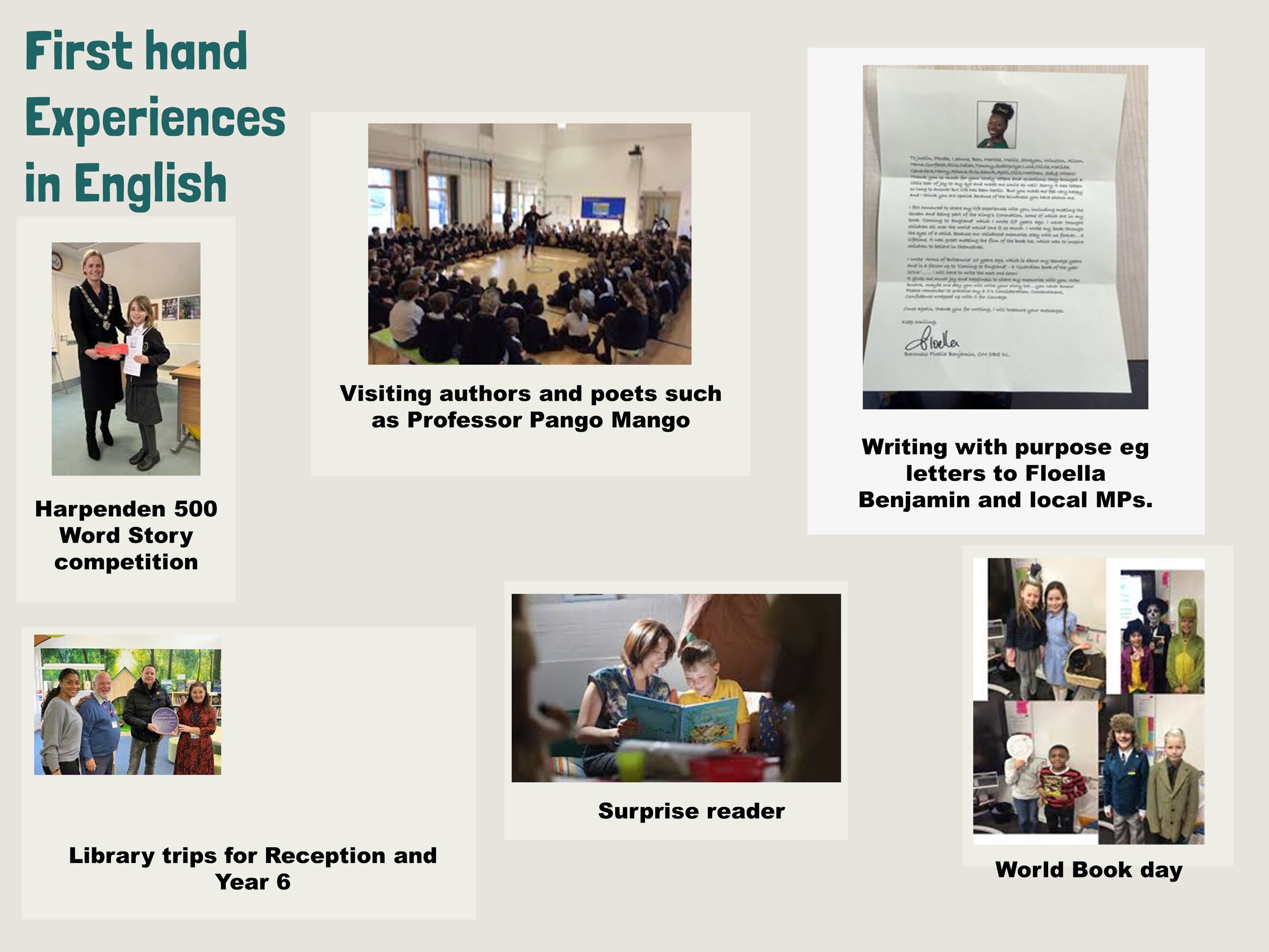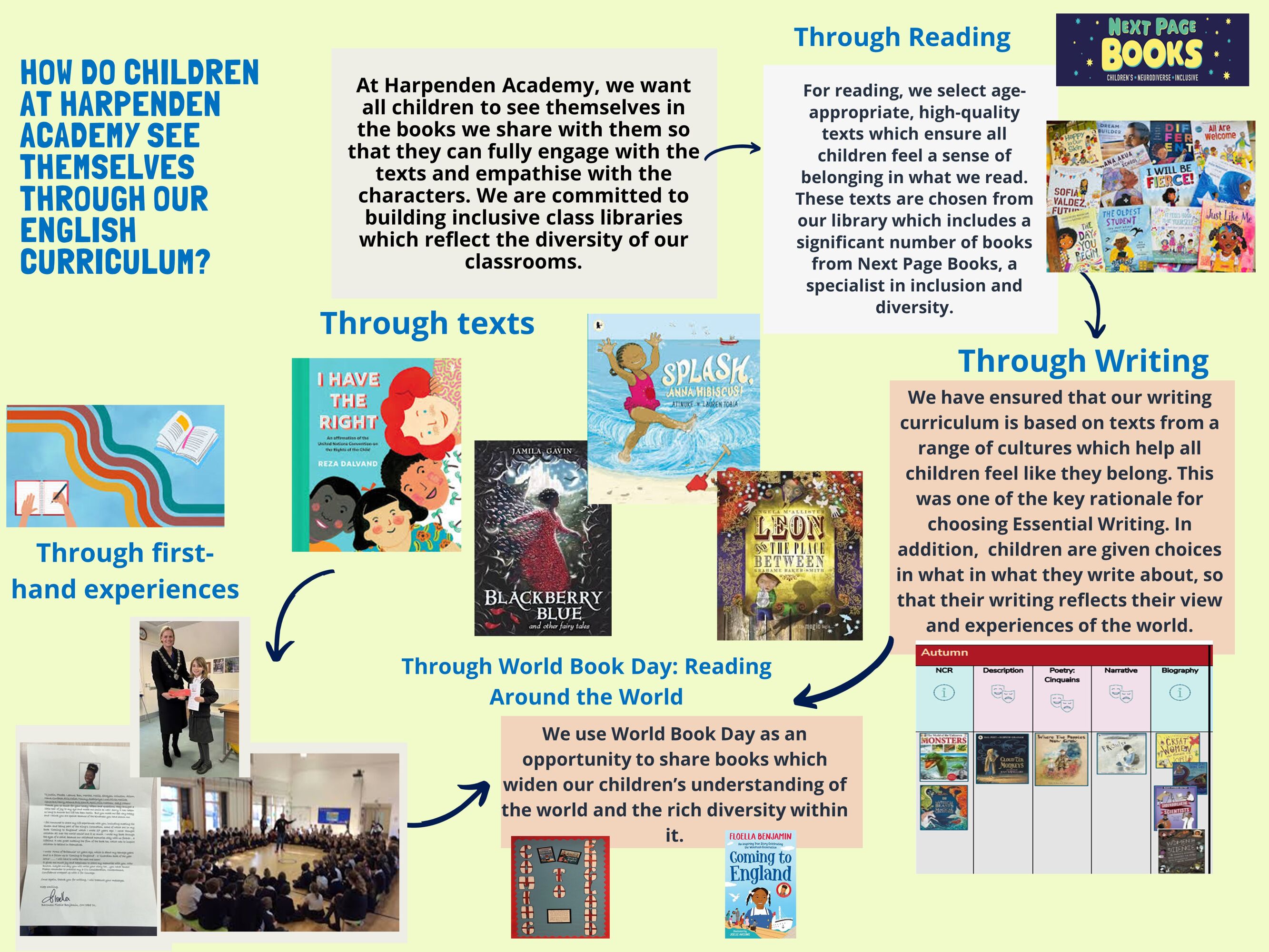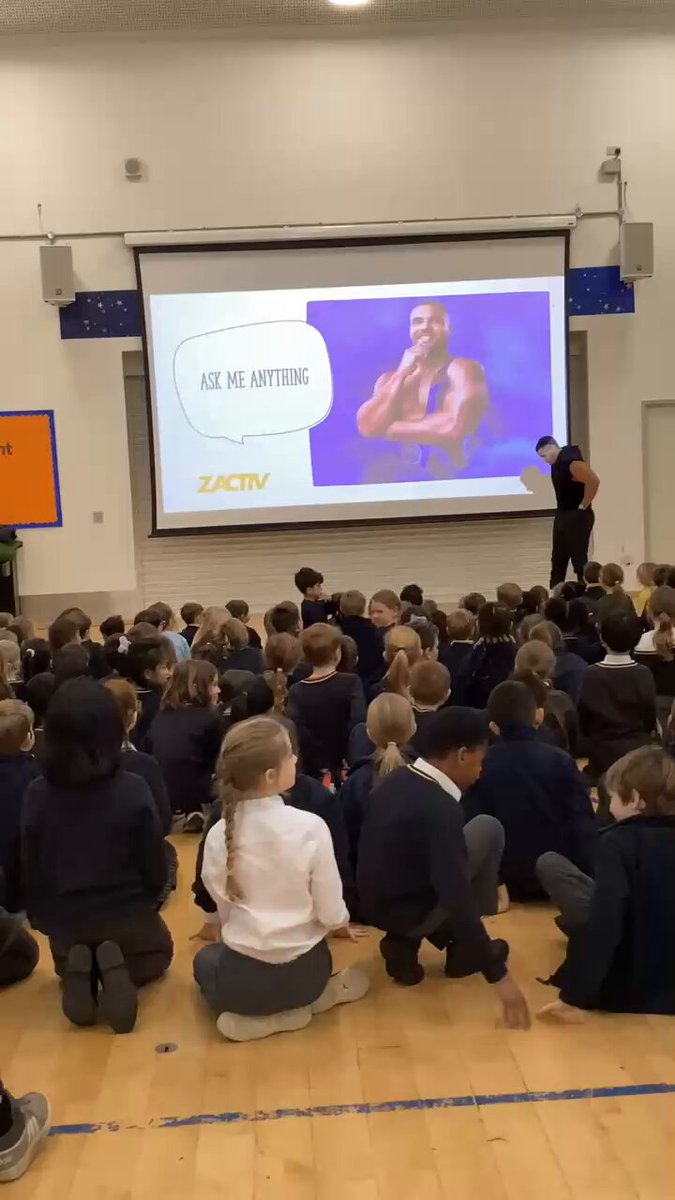English
Purpose and Aims
"The leadership of English and mathematics is strong. Leaders have excellent knowledge and understanding of these subjects. They have taken a wide range of suitable actions that have had a positive impact on improving the quality of teaching and outcomes in the school." Ofsted School Report, June 2019
Purpose
English has a pre-eminent place in education and in society. A high-quality education in English will teach pupils to speak and write fluently so that they can communicate their ideas and emotions to others, and through their reading and listening, others can communicate with them. Through reading in particular, pupils have a chance to develop culturally, emotionally, intellectually, socially and spiritually. Literature, especially, plays a key role in such development. Reading also enables pupils both to acquire knowledge and to build on what they already know. All the skills of language are essential to participating fully as a member of society; pupils who do not learn to speak, read and write fluently and confidently are effectively disenfranchised.
Aims
Writing:
• The ability to write fluently and with interesting detail on a number of topics throughout the curriculum.
• A vivid imagination which makes readers engage with and enjoy their writing.
• A highly developed vocabulary and an excellent knowledge of writing techniques to extend details or description.
• Well-organised and structured writing, which includes a variety of sentence structures.
• Excellent transcription skills that ensure their writing is well presented and punctuated, spelled correctly and neat.
• A love of writing and an appreciation of its educational, cultural and entertainment values.
Reading:
• Excellent phonic knowledge and skills.
• Fluency and accuracy in reading across a wide range of contexts throughout the curriculum.
• Knowledge of an extensive and rich vocabulary.
• An excellent comprehension of texts.
• The motivation to read for both study and for pleasure.
• Extensive knowledge through having read a rich and varied range of texts.
• The ability to share enthusiasms, patterns and puzzles linked to books, acting as a reading critic
Please visit the Reading subject page on our website to access further information including parent workshops.
Communication (speaking and listening):
• An exceptional talent for listening attentively so as to understand what is being said.
• A rich and varied vocabulary that gives clarity and interest to conversations.
• Clear speech that can be easily understood by a range of audiences.
• An excellent grasp of the rules used in English conversation, such as tenses and the grammatical structure of sentences.
• A highly developed ability to tell stories that capture the interest and imagination of the audience.
• A delight in initiating and joining in conversations.
• Respect for others when communicating, even when views differ.
Provision
Our curriculum is categorised in 2 ways
- Breadth - which gives pupils experiences of a range of communication, literature/genres, contexts for reading and writing
- Depth - which helps pupils to think and act like readers, writers and communicators
Whilst coverage is our goal for the “breadth” element, repetition and increasing the understanding is our goal for the “depth” element.
Our curriculum drivers shape our approach to teaching English so that every opportunity is taken to relate reading, writing and communication to the needs of our pupils. Daily English is studied throughout each academic year and cross-curricular links are made to give context to the children. Purposeful writing can be seen in all areas of the curriculum.
Progression and Assessment
We set out our expectations based on the Herts for Learning Essential Writing curriculum which ensures coverage of the National Curriculum.
Assessment and reporting
We use Herts for Learning to assess our children each term formally. HfL TAFs are used to support assessments in all year groups. We assess the pupil’s depth of understanding and use this to forecast as to whether pupils are on track to meet our curriculum expectations for the end of the year.
Monitoring, Evaluation and Improvement
The role of the leader in monitoring pupils' outcomes is to audit teachers’ judgements via book looks as well as ensuring breadth and depth of curriculum through book looks, learning walks, learning talks (with pupils) and lesson observations. Strengths and areas for development are identified and actions shared with staff then reviewed to assess impact. Book looks are done collectively in staff/SLT meetings and then collated by the leader.
Please click here for an overview of our English curriculum
Oracy
First Hand Experiences

Belonging




























